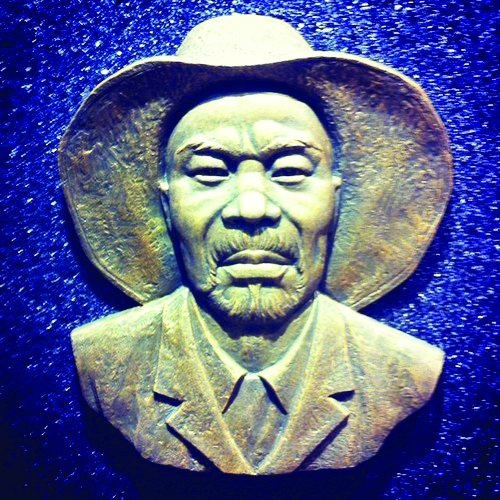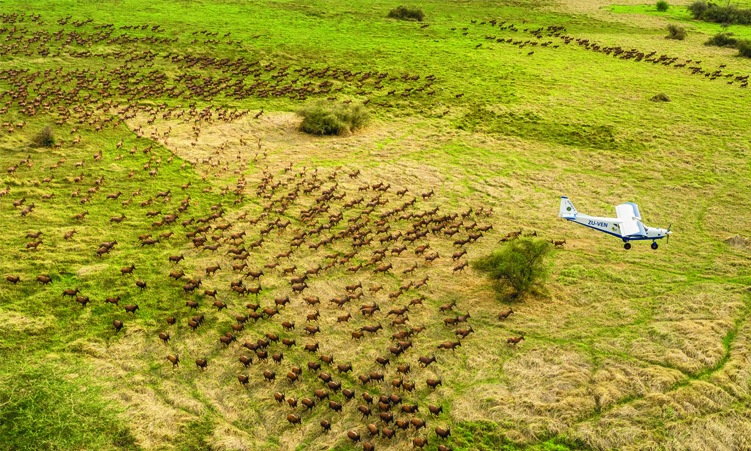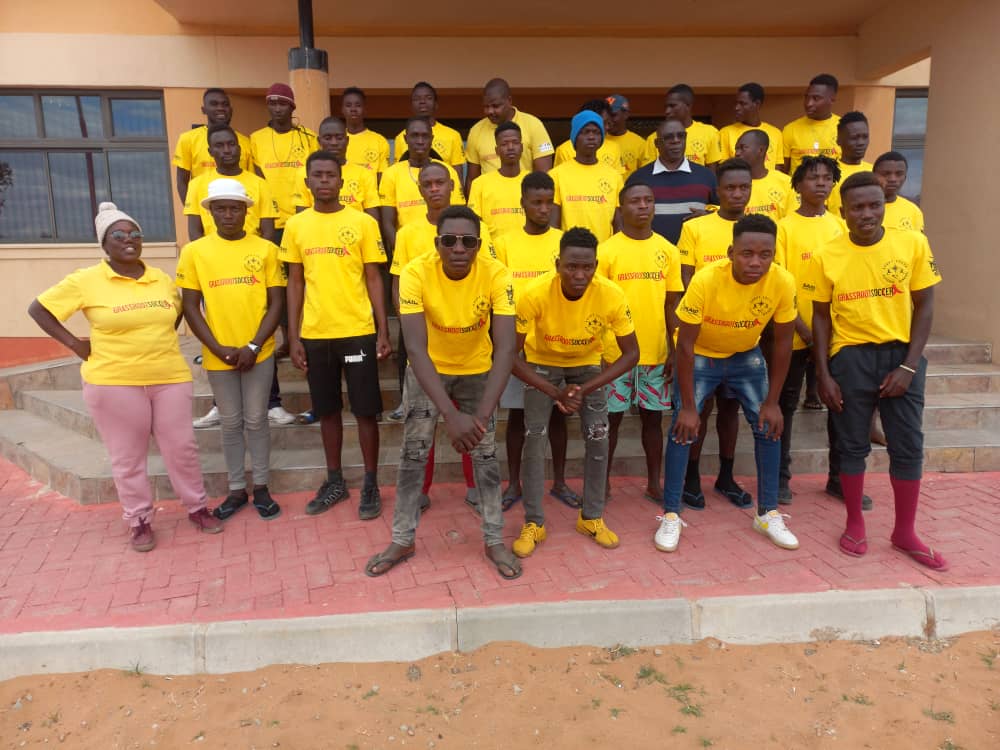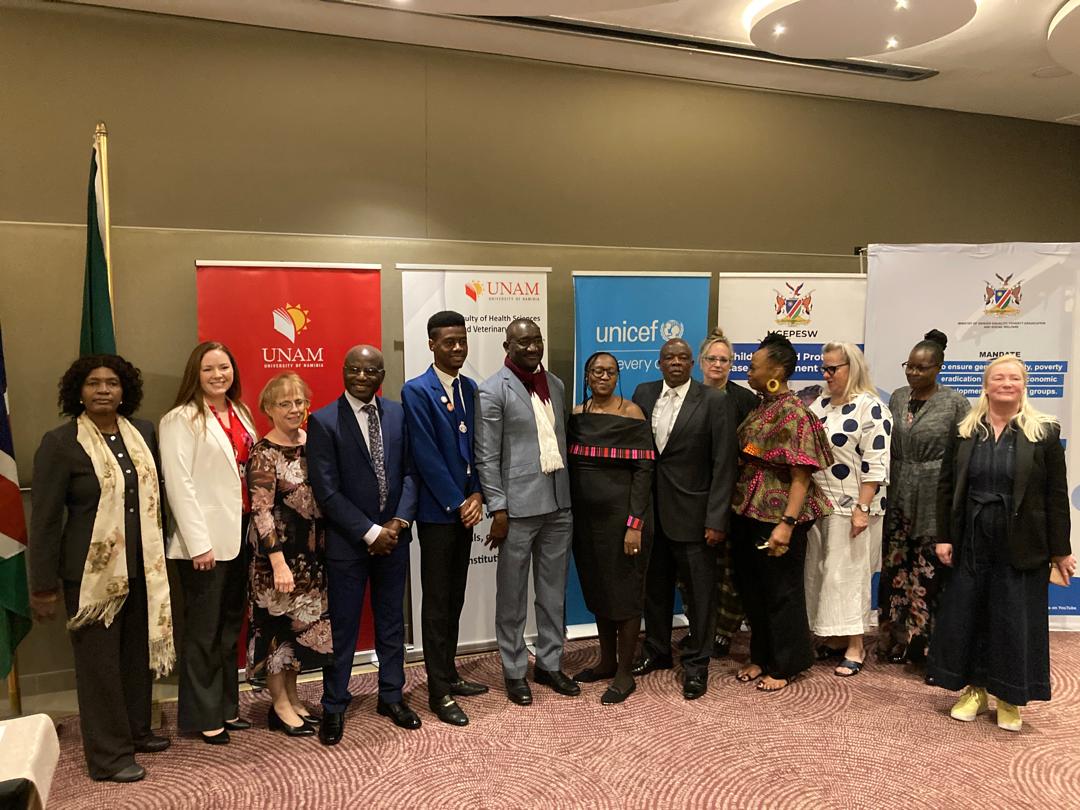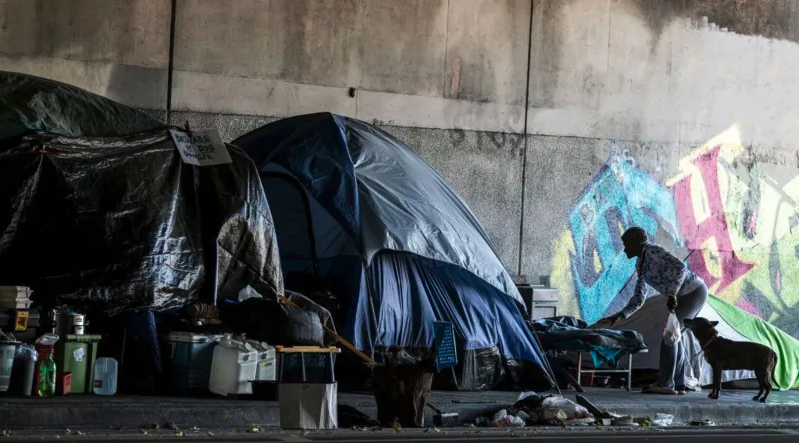There are men from Namibia’s colonial past who have been commemorated in grand statues, paintings and golden busts. But their stories, the things that defined them, have been forgotten by time, left alone in the scorching deserts where they fought and died for their nation.
Their lives only survive in the dark corners of dusty libraries and the gravelly tones of elders, speaking of the blood spilt around dancing fires on cold starry nights. They made sacrifices that brought this nation one step closer to independence, sacrifices that inched Namibia to her freedom.
In one of the few remaining photographs of Jacob Morenga, he stands proudly under the hot sun, in a fitted jacket, neat button down shirt and a wide frayed hat. His eyebrows are raised, face relaxed and a thick moustache frames his thin, sun burnt lips. But however calm his appearance, this figure struck fear in the heart of his enemies: they claimed he was the greatest native leader they had ever encountered, a master of strategy, a genius. They even went so far as naming him the ‘Black Napoleon’, out of his resemblance in tactical warfare to Napoleon Bonaparte, the greatest military commander in history.
Born in 1875 to a Herero mother and Nama father, Morenga was educated by missionaries and employed as a mineworker in South Africa. He joined the insurrections against German colonial rule in then South West Africa and took part in small attack forces during the early 1900s, but it wasn’t until October 1903 that Morenga began to earn his reputation amongst his people and the enemy.
With just 11 followers and few weapons, Morenga was forced to leverage the few advantages he had against one of the mightiest military powers in the world of that period. Where the enemy was overburdened with shiny weaponry and confusing chains of command, Morenga operated with speed, surprise and local knowledge – the essence of guerilla warfare. David Olusoga and Casper W. Erichsen describe his methods in ‘The Kaisers Holocaust.’
“His tactics were based around the incredible horsemanship of his men and an understanding of the landscape that came from a lifetime’s experience. He lived almost entirely off his enemies’ supplies, launching repeated raids on German farms and outposts. When German patrols pursued him, Morenga would lure them ever deeper into the mountains, until, exhausted, lost and running out of water, they were forced to abandon the pursuit.”
With every successful raid, his status grew and followers flocked to him. He performed stunts, stealing horses from sleeping sentries and leaving behind letters asking them to feed their animals better, adding to his growing legend. The 11 original men he started with soon became 150 and by 1905 he had 300 soldiers under his command. One of his many foes, Captain Maximillian Bayer, described the dynamic nature of his command:
“By means of criss-cross moves, clever surprise attack and, above all, through the influence on his followers of his outstanding personality, he prolonged the war and has done us incalculable damage… His conduct of the war had something grand about it and in its form was far superior to that of all the other native leaders. Altogether he was an outstanding soldier to whom we as the enemy do not wish to deny our respect.”
Thousands of miles away, in the capital of Germany, men in pristine suits with thin grey hair and bushy moustaches were forced into a political crisis by the successive defeats they were suffering at the hands of Morenga’s men.
His influence was so pervasive that on the 15 January 1907, the Reichstag took an un-planned election in an attempt to halt the heavy losses the German troops were suffering.
What set Morenga apart from every other tribal leader in this period was his ability to overcome ethnic and tribal divisions. Even the great Hendrik Witbooi struggled at times to join arms with the Herero people due to old grudges from tribal wars and the deaths of his sons at the battle of Osona. But Morenga was not held back by these impediments; through the force of his personality he managed to unite the Namaqua, Witboois and Herero, combining their strengths to create a force to be reckoned with.
After more than fifty battles against German troops, Morenga was eventually captured, taken to South Africa and imprisoned. After a short period behind bars, the British forces released him under one condition: he could never return to his homeland again. Ignoring the command, he crossed the Orange River and travelled back into South West Africa. Wasting no time, he began where he had left off, gathering men around him from every tribe to continue the fight.
On 20 September 1907, Morenga died during battle. He was shot by the German-British forces. He was just 32. As one of Namibia’s nine national heroes, Sam Nujuma paid tribute to him at his inauguration:
“Morenga had a vision of broad African nationalism which transcended narrow ethnic loyalties and he was therefore designated as ‘the man of the future’.”
Morenga’s ability to overcome obstacles that surround ethnicity is something that many powerful men still struggle with today. And to do this in the hardest of times, the worst of times, where persecution was a part of everyday life, makes his achievements all the greater.
Stay informed with The Namibian – your source for credible journalism. Get in-depth reporting and opinions for
only N$85 a month. Invest in journalism, invest in democracy –
Subscribe Now!


